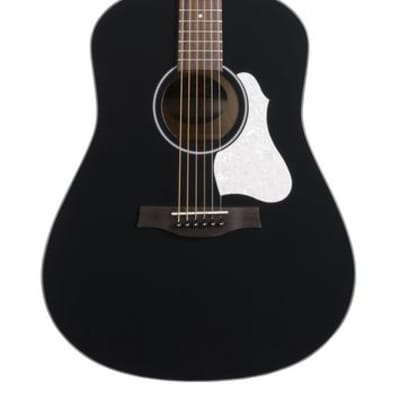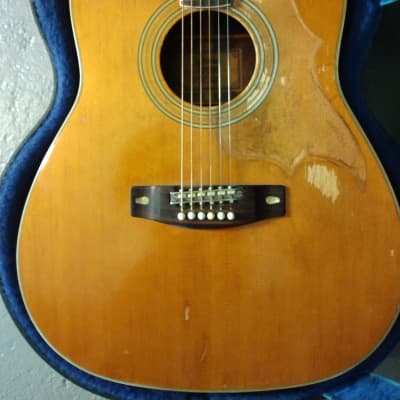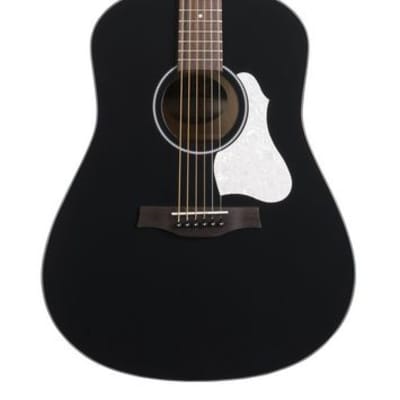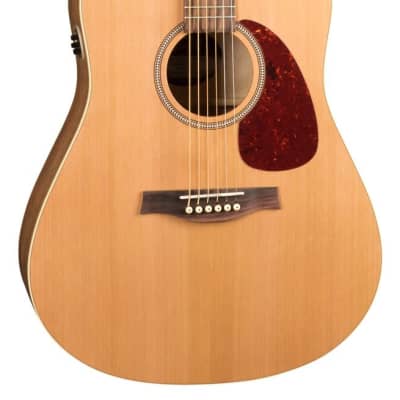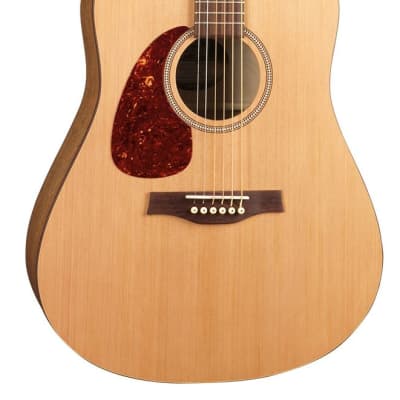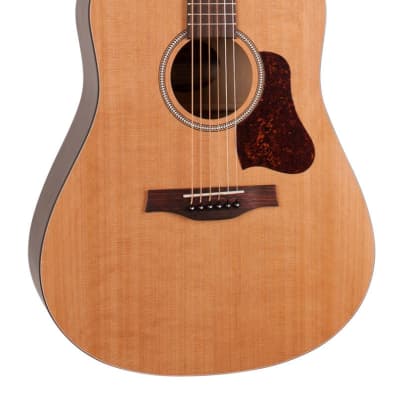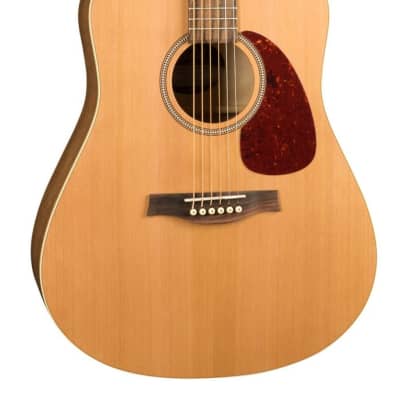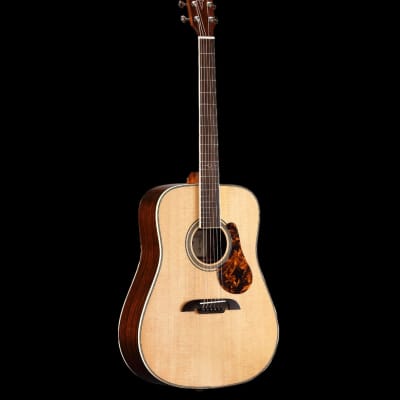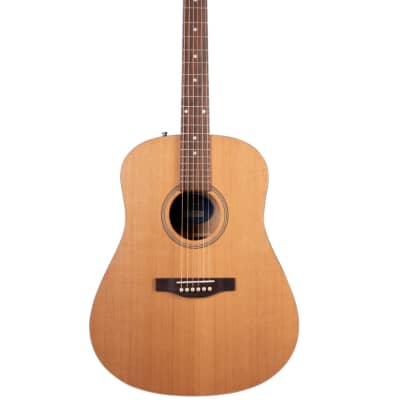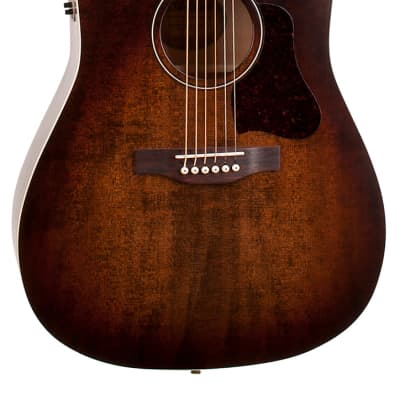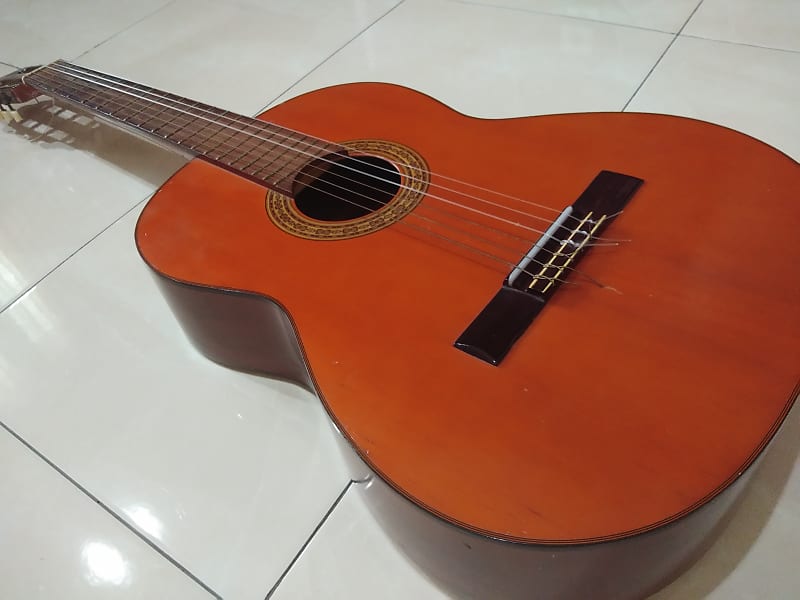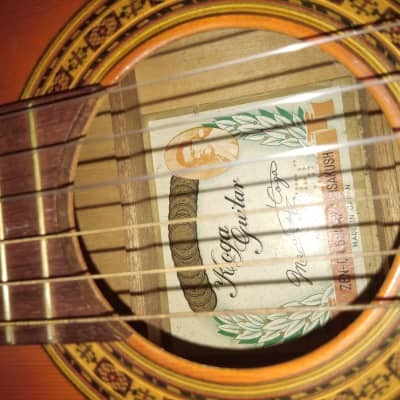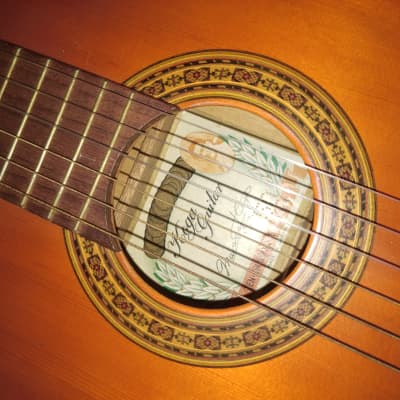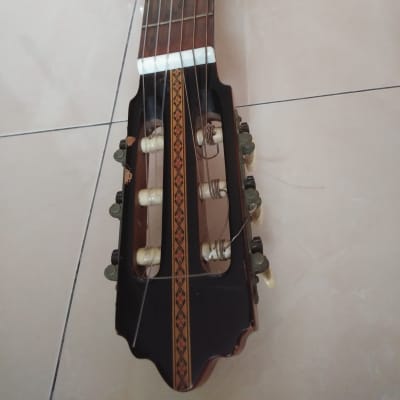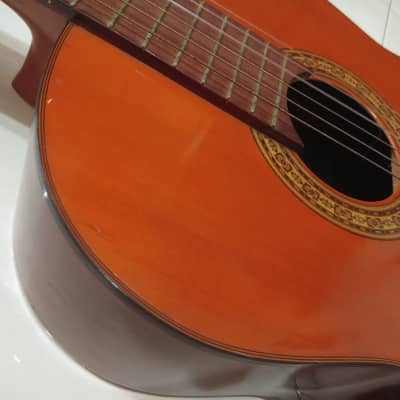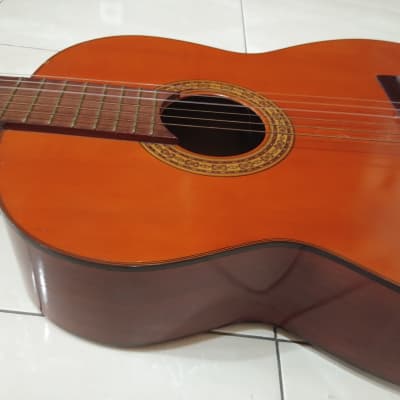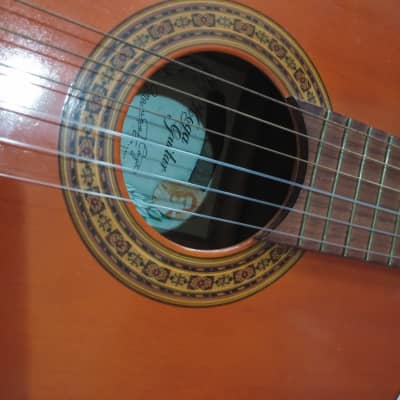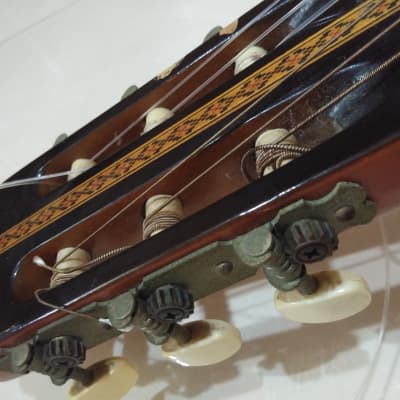Masao Koga 50
This guitar was made in mid 1970ties by Zen-On Gakki. Masao Koga was a very popular and highly regarded Japanese guitarist and composer, who in mid 1950s founded his own line of guitars.
Wikipedia.org
Masao Koga (古賀 政男 Koga Masao, November 18, 1904 – July 25, 1978) was a Japanese and known for creating melodies, and a pioneer of Japanese popular music. He was regarded as a notable figure for establishing the genre , though Koga considered that he was a composer. He wrote numerous songs for and , and his work has been featured in various films, including , and . He was the head of the "Japanese Society of Rights of Authors, Composers and Publishers" from 1964 to 1978. A museum was built in to honor his achievements, and visitors to the Koga Masao Museum of Music (古賀政男音楽博物館 Koga Masao Ongaku Hakubutsukan) are able to view exhibits, and memorabilia featuring his work.
Great majorityty of M. Koga guitars were made by Zen-On Gakki.
These old Japanese “guitar factories” (Gakkis) were nothing but, a traditional workshops employing teams of highly skilled luthiers who were making high grade instruments mostly by hand without use any sophisticated machinery. Each of these luthiers was capable of making a guitar all by him/her self. However, while working as a team they were helping and supporting each other, as well as double checking the quality of produced instruments. Such Gakkis in the Western World were (are) called “custom shops”.
Since mid 1960s Zen-On gakki was making many guitar models, from medium to very high grade. Many of these guitars were made as OEM for other guitar brands or labelled for various distributors. Best known Zen-On’s own luthiers were Toshihiko Tokugawa and Shoichi Yanagisawa. These luthiers were closely cooperating with 2 legendary Japanese luthiers: Saburo Nogami & Hiroshi Tamura.
Although, it wasn’t the top model in Masao Koga’s guitar lineup, in terms of the sound properties and volume this is certainly high-grade instrument. It beats many “all solid woods” brand new guitars available on the market.
It offers great volume, deep and full of overtones basses, sweet ringing trebles, all well balanced, with great note clarity and separation, and impressive sustain. This guitar clearly proves, that Japanese luthiers were capable of making incredible instruments from very inexpensive materials.
This guitar survived in “excellent condition for its age”. It only has few very minor scratches, dents and abrasions on its body. Visible on the pictures cloudiness on the back and sides of the guitar, is greatly exaggerated by strong camera flash light.
Specifications:
Top: High Grade Spruce Double-plate/ dark amber tainted lacquer
“Laminated” is quite unfortunate term regarding Japanese made guitars. These "laminates" were made from 2 layers of solid wood glued together with natural resins. They were made so well that they performed as good as solid woods while being far less expensive in guitar production and far more resistant to cracking in regular use.
Back & Sides: High Grade Brazilian Rosewood/ Double-plate/urethane
“Laminated” is quite unfortunate term regarding Japanese made guitars. These "laminates" were made from 2 layers of solid wood glued together with natural resins. They were made so well that they performed as good as solid woods while being far less expensive in guitar production and far more resistant to cracking in regular use.
Neck: Mahogany
Fingerboard: (Solid) Brazilian Rosewood
Scale: 650 mm
Nut width: 51.5 mm
String action is set to 3.50 mm under E6 and 3.00 mm under E1 with extra room on the saddle.
Guitar will be shipped in used gig-bag, bubble-wrapped and double boxed.
Real Value of Japanese Vintage Guitars
The key to understand value of vintage Japanese guitars is to acknowledge galloping devaluation of Japanese yen in 1960s & 1970s. This devaluation was somewhat slower in 1980s. The best measure of this devaluation is Starting Yearly Salary of Japanese College Graduate (SYSJCG).
SYSJCG in 1965 was 19 600 yen, in 1969 – 34 600 yen, in 1970 39 200 yen, in 1972 – 62 300 yen, in 1975 79 200 yen, in 1977 86 200 and in 1980 - 123 000 yen.
During 1960s and most of 1970s model numbers of Japanese guitars were strictly interconnected with their prices in Japanese yen. In late 1970s and during following decades model numbers were no longer strictly associated with their prices. Many Japanese guitar makers introduced model names instead of model numbers. Others were still using model numbers with addition of letter abbreviations or other symbols.
The best and only logical approach while evaluating real value (real grade) of vintage Japanese guitar is to compare its price in Japanese yen with SYSJCG during the year guitar was made.
Any guitar priced 100 000 in 1970 (labelled usually as No10) would be priced 200 000 yen in 1975 (relabeled to No20 or 2000), 300 000 yen in 1977 (labelled as No3, No30 or 3000). Starting in 1977 Masaru Kohno introduced his new models No40 priced 400 000 yen and No50 priced 500 000 yen. By 1984 Kohno started using model names instead numbers and was raising their prices as he was pleased. Model 50 became model “Maestro”, model 40 became model “Special”, model 30 became model “Professional-J”. Naturally other Master luthiers were doing the same name/price changes.
Knowing all of that, you can bet on that Masaru Kohno No50 made in 1982 is practically the same grade instrument as Kohno No20 made in 1972, or Kohno no 30 made in 1976. Kohno No40 made in 1982 is exactly the same grade instruments as Kohno No15 made in 1972 or Kohno No20 made in 1975.
It is very important to mention that if modern era luthiers are using 40 years old woods to make a classical guitar, its price is at least $8000.

